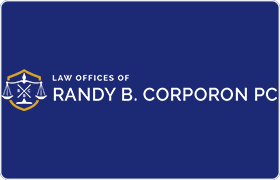 Littleton White Collar Crime Lawyers, Colorado
Littleton White Collar Crime Lawyers, Colorado
Sponsored Law Firm
-
 x
x

Click For More Info:
-
Law Offices of Randy B. Corporon PC
2821 S. Parker Road Suite 555 Aurora, CO 80014» view mapCriminal Clients First, Excellence Always!
You owe it to yourself and your loved ones to be represented by an experienced, high-quality attorney, with a track record of proven success.
800-976-8531
Lawyers
1-4 of 4 matches
Antitrust, Constitutional Law, Traffic, White Collar Crime
Litigation, Lawsuit & Dispute, White Collar Crime, Criminal, Civil Rights



 Randy Corporon Aurora, CO
Randy Corporon Aurora, CO